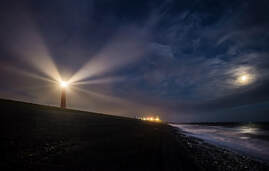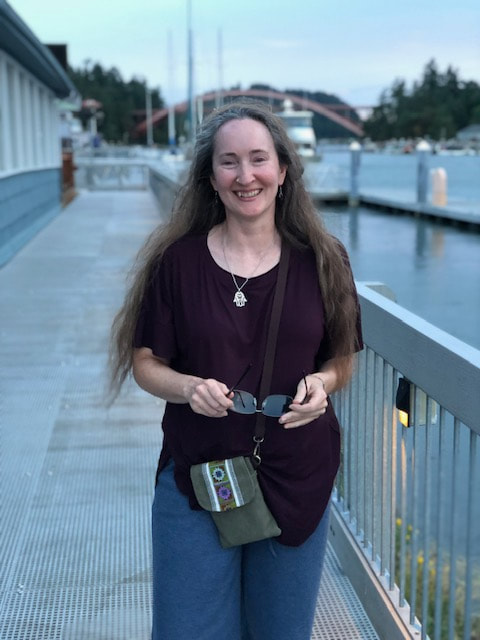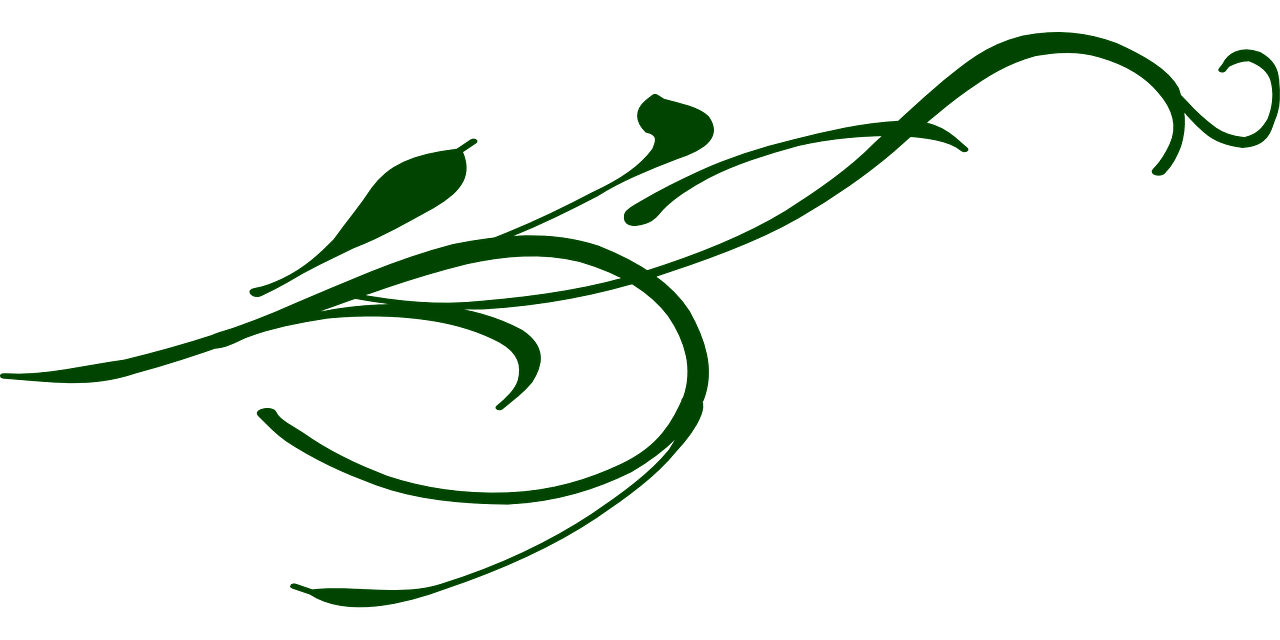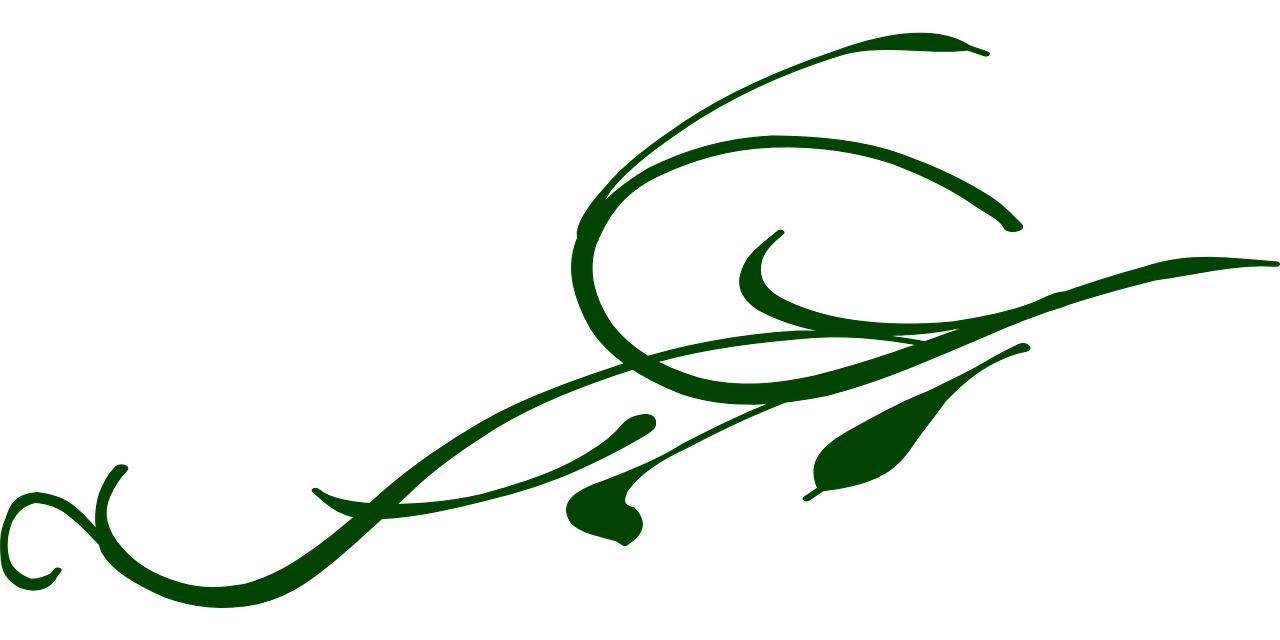 Eshet chayil in the Hebrew, a woman of valor, means she is rich in her relationship with God. Since Hebrew is immense in multilayered word meanings, Chayil (or hayil) can also mean soldier, army, power, resources, effective, wisdom, or soul, etc. These are also allegorized as the perfect woman/wife (eshet or isha). Valor is defined in the Merriam-Webster dictionary as “strength of mind or spirit that enables a person to encounter danger with firmness: personal bravery.” We read about the woman of valor, or The Woman Who Fears the Lord, in Chapter 31 of the Book of Proverbs. Within the text, this woman, “She opens her mouth with wisdom, and the teaching of kindness is on her tongue.” She is one who “dresses herself with strength and makes her arms strong.” Recently I heard a Christian speaker interpret this as that she dresses to the nines, impressing by her appearance, and referenced Esther as an example. Here is where I digress. When I dove deeper into what dressing herself with strength really means, I learned she girds her loins so that she is prepared for battle. This is to love and defend for righteousness’ sake. She prepares mentally, also pulls her tunic about her for freedom of movement. It’s like she gathers her garments so she can run up a mountain for those she loves. Verse 30 of this part of Proverbs continues to say that, “Charm is deceitful, and beauty is vain, but a woman who fears the Lord is to be praised.” There is an obsessive, damage-causing emphasis on outer beauty in our society. The pressures, insecurities, comparisons to look perfect, be perfect, present perfect, to appeal to mankind, to attract a person, land a job, gain favor, is off the mark; a diversion. As is anything that deviates from Yeshua, or his Holy Spirit, the Ruach HaKodesh sent to help guide and protect us and give us wisdom through our existence here on earth. Pressure or advice is everywhere to dress smarter, sexier, look the part—if you want a greater role. There’s nothing wrong with wanting to wear a nice outfit, favoring a certain fashion, styling your hair a specific way or that is appropriate for an appointment or important engagement; perhaps looking extra-nice for someone special—if it doesn’t consume our time, effort, or energy as if an idol, or attempt to beguile eyes by carnal triggers. Queen Esther had a role to play, a mission to save her people. A powerful allegorical story. It’s often told that she underwent a year of beauty treatments before her night with the king. From more of a Jewish perspective, though, the first six months of preparation were for purification and cleansing, healing from within. The most important part. The story goes, yes, she was chosen for her beauty, but beauty began on the inside. I used to think this phrase humorous: “That person is beautiful…” then tongue-in-cheek, “on the inside.” But now I wonder why we need that differentiation when God doesn’t. And this is admonished in 1 Peter 3:3-4: “Do not let your adorning be external—the braiding of hair and the putting on of gold jewelry, or the clothing you wear— but let your adorning be the hidden person of the heart with the imperishable beauty of a gentle and quiet spirit, which in God's sight is very precious.” I’m a hair braider (love braided hair), but I hope I don’t do it under the compulsion of flesh, seeking or demanding the approval of man or else I’m nothing. That notion’s gone out of bounds, and so many people—women especially, have suffered, are suffering because of objectness. Some blame men. Yet women have helped fuel the flawed system by succumbing or offering themselves, placing themselves up for the bids of money, ego, fame, lust, peer pressure, or because of a different kind of brokenness. Then there’s the empowerment, strength, and overt confidence in oneself/herself. That’s not quite right either. Be confident in the Lord, that is, to trust in the Lord, and we are whole. Anything other and we risk sliding over to the side of narcissism. I’ve seen women take the “woman of valor” notion to the umpteenth-degree-on-steroids. A sort of “I am woman, hear me roar,” prideful enablement or arrogance. I’m all for equal rights, as in everybody treated with respect and dignity, but feminism has done quite a job of elevating woman to a throne-like status while emasculating men. We see it in the movies, media, and music… “Whatever you can do, I can do better,” mentality is rough competition that at the root tears down a lot of relationships (sort of my next blog post), because gender roles are in crisis. We are what we’re born as; there are men and there are women as the Word of God, the Bible, has inscribed. A fallen world has produced abuse, unfairness, perversion, pressure, cultural clashes, all kinds of injustices and skewed opinions and confusion between the sexes. But these things aren’t what God intended for his beautifully and wonderfully made men and women. I also recently heard a YouTuber criticize God for creating these fallout things. The statement made me shudder. God didn’t create these results of a fallen world. He gave us Eden, and we chose otherwise, and here we are living what we brought on ourselves. But God! He came to redeem us through Jesus. Again and again, his arm stretches to save; his mercy and his love are boundless. True beauty lies within and not by our own volition. May we strive to look beyond the skin and see the light within. And may the light within grow stronger, like the beacon on a hill, a lighthouse that shines the radiance of Yeshua from our hearts and souls in a dark, misguided world. May HE be our essence, our beauty, our focus, our joy and delight. May HE be the source of our advancement and promotion. Not because we looked good or were at the most appealing age, but because he caused his favor and light to shine from our hearts, actions, and words because we’ve spent time with him who is holy and he’s filled us up. He looks at the heart. He looks at the heart. He looks at the heart! He is the Beautiful Great One (tender song by Broken Walls, by the way). To HIM be the glory. Comments are closed.
|
Tessais a storyteller, and a transcript editor. She's also a Romans 8:28 kind of Jewish girl ... For Tessa's new
|





 RSS Feed
RSS Feed